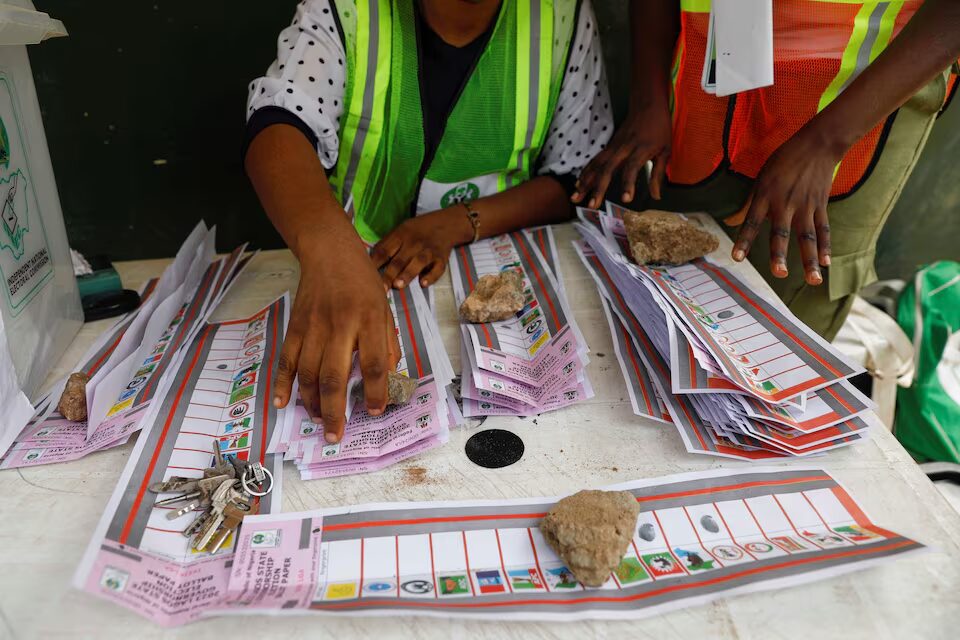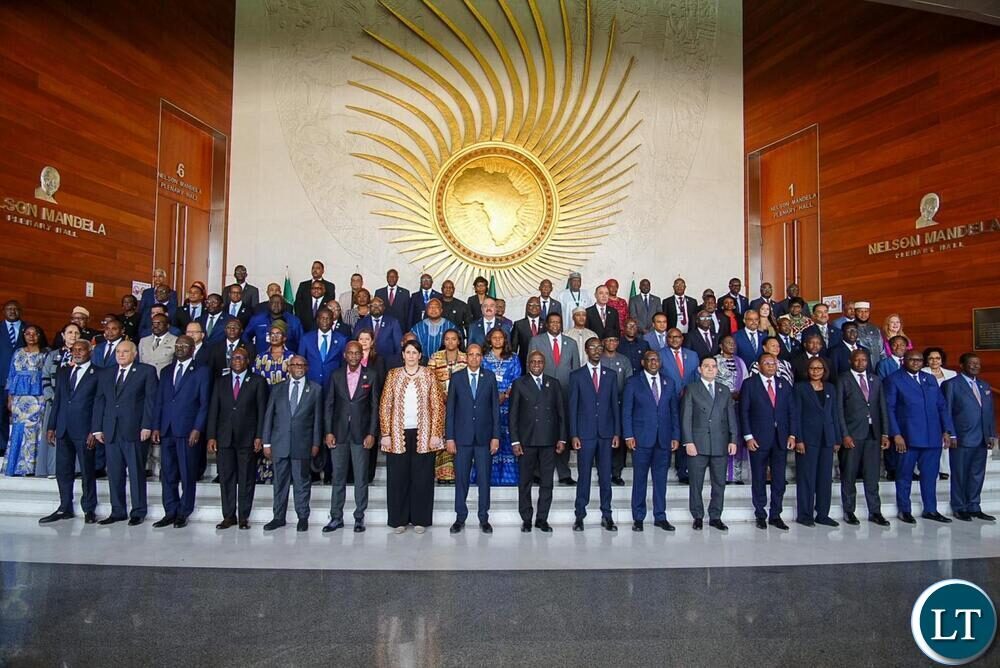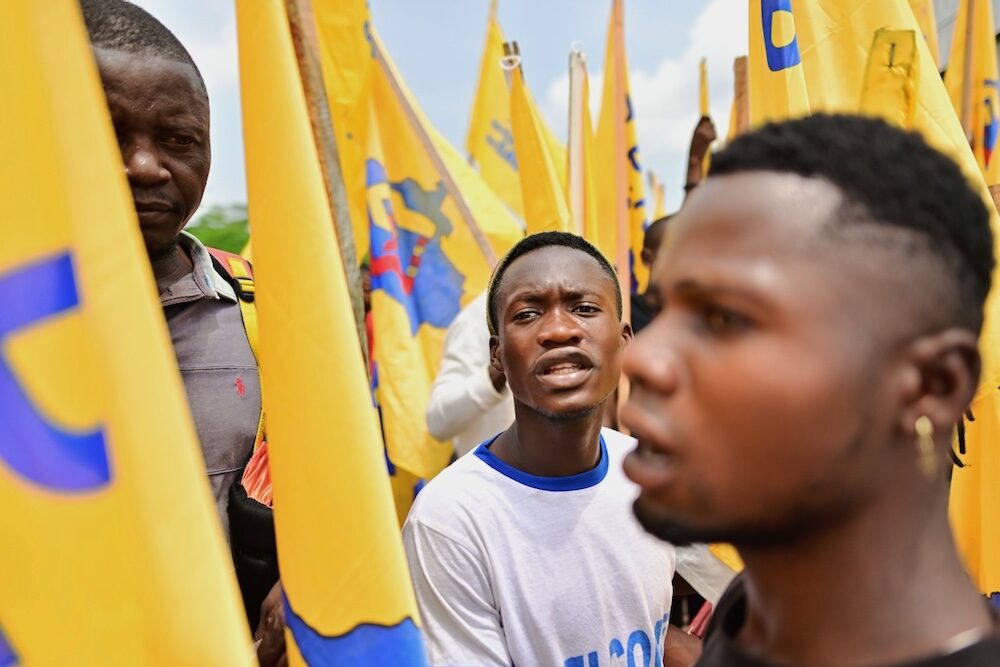
Thursday 17th April 2025

By inAfrika Reporter
Guinea’s military government has officially scheduled a long-awaited constitutional referendum for September 22, 2025, marking a key milestone in its promised return to civilian rule. The announcement was made via state television on April 6, with junta leader Colonel Mamadi Doumbouya confirming the vote will take place next year. This is the first fixed date for an electoral event since Doumbouya led a coup in September 2021, ousting President Alpha Condé.
The proposed constitution yet to be fully released to the public is expected to reestablish presidential term limits and lay the foundation for democratic governance. While full details remain under wraps, the referendum is widely seen as a litmus test of the junta’s commitment to the transition process. The broader roadmap, agreed upon with the Economic Community of West African States (ECOWAS), includes legislative elections after the referendum and a presidential election by late 2025.
In a move that has stirred both surprise and speculation, Doumbouya recently pardoned and released former military ruler Captain Moussa Dadis Camara. Camara, who was convicted over a 2009 massacre and had been serving a 20-year sentence, was freed just a week before the referendum date was announced. The timing of the pardon has led many analysts to view it as a strategic gesture aimed at promoting national reconciliation and defusing any potential opposition from Camara or his supporters.
The referendum announcement has received mixed reactions. Civil society organizations in Guinea cautiously welcomed the scheduled date but stressed the importance of transparency and inclusiveness in drafting the new constitution. They warned that ongoing restrictions on media freedom and public assembly could hinder meaningful public participation and debate in the lead-up to the vote.
Opposition coalitions echoed those concerns, noting that while the timeline is a positive development, the political environment remains tense. Protesters still face barriers to organizing, and critics worry that the junta may attempt to control or influence the content of the new constitution to preserve its influence post-transition.
ECOWAS, which has been pressuring Guinea to adhere to its 24-month transition timeline, issued a statement acknowledging the referendum date as progress. However, it urged the junta to follow through with the entire roadmap without delay. The bloc has been critical of extended transitions elsewhere in the region and views Guinea’s case as a potential model for peaceful and timely democratic restoration.
For Guineans, the referendum offers a glimmer of hope after years of political instability. The controversial third-term bid by former President Alpha Condé had sparked mass protests and set the stage for his eventual overthrow. Many now see the upcoming vote as a chance to reset the political system and prevent future abuses of power through clear constitutional safeguards, including term limits.
Beyond Guinea’s borders, the referendum could have regional ripple effects. If successful, it would mark one of the few instances in recent West African history where a military regime returned power to civilians on schedule a stark contrast to prolonged transitions in Mali and Burkina Faso. A positive outcome could enhance ECOWAS’s credibility and increase pressure on other military governments to follow through on their commitments.
The international community is watching closely. Organizations like the African Union and European Union have called for free and fair elections and will likely tie future aid and investment to the transition’s success. Guinea’s rich bauxite and iron ore resources are another factor, as political stability could open the door to greater foreign interest and economic partnerships.
In the coming months, all eyes will be on how the junta handles the constitutional drafting process and whether it allows space for genuine public input. The path to civilian rule remains fragile, but the September referendum is now the first real signpost on that journey.


